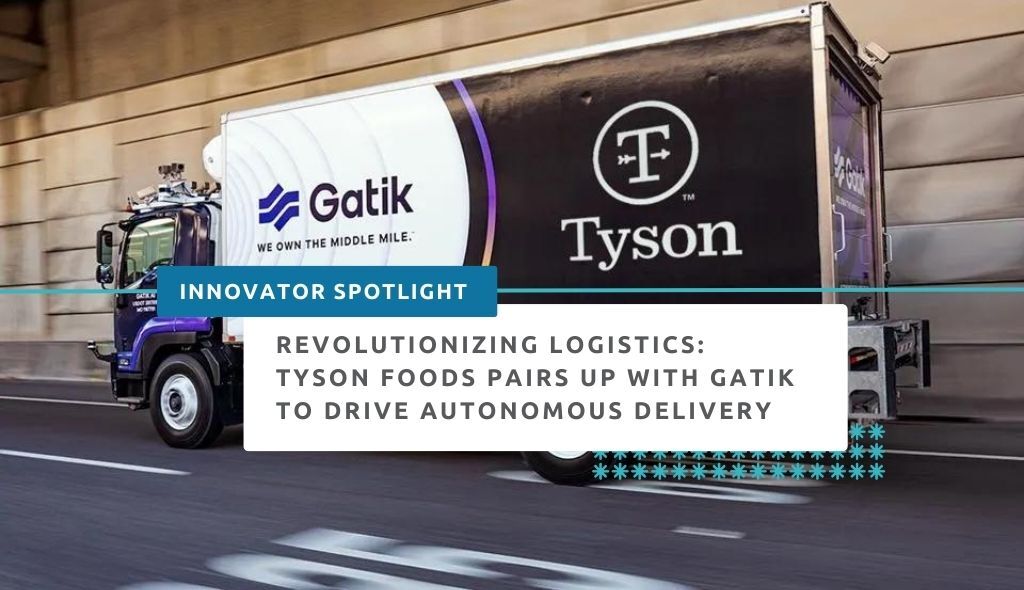One of the world’s biggest food producers is taking its first bite at driverless deliveries. Starting this week Tyson Foods will begin moving stock from one of its processing facilities to cold storage facilities and distribution centers in northwest Arkansas in autonomous refrigerated trucks operated by Gatik AI Inc., the companies announced Wednesday.
For the Arkansas-based food giant, the smaller Gatik robotrucks are more appropriate for so-called middle mile deliveries and they free up larger trucks and drivers in the company’s own private fleet for longer-haul and bigger loads, according to Patrick Simmons, vice president of transportation for Tyson Foods.
Initially, Tyson will run a fleet of autonomous Gatik trucks 18 hours a day on roughly 12-mile long routes in the Rogers and Springdale, Ark. Area.
However, Simmons says the company has identified 40 locations across the U.S. where running Gatik robotrucks would work week, freeing up 40 drivers who normally work 11 hours a day. The result? A significant cost savings from each self-driving truck.
“When we started looking at it, I think by year three, the one truck saves about $500,000 from whatever would have cost us otherwise,” said Simmons in an interview. “ If you look at the savings, that’s just the baseline to baseline costs. So how we do it today versus using Gatik to do it—what that doesn’t encapsulate, there’s another of those 700 loads a year that that driver now gets repurposed to do. That saves us almost another $500,000 from what we would pay a third party carrier to do that same type of work.”
Gatik has seen its business balloon over the past few years serving leading retail and food chains such as Walmart, Kroger and Loblaw along with other companies that include Pitney Bowes, Georgia-Pacific and KBX.
Gatik CEO and co-founder Gautam Narang says business is booming in no small part as a way of addressing a commercial truck driver shortage that began even before the Covid-19 pandemic exacerbated the situation.

“The shortage for drivers is in the class, the CDL category. The latest number, I believe is over 80,000 open driving rolls and it’s expected to grow to like 160 1000 by the end of the decade,” said Narang in an interview. “So, wherever possible our customers are moving away from CDL license holders and that’s where we can come in and elevate some of that pressure and we look for opportunities where we can replace and disrupt class eight trucking routes.”
The multi-year deal with Tyson represents a business evolution for Gatik. Previously running mainly small trucks over short routes. Starting with Tyson, this will be the first time Gatik is moving up to class 7 trucks which can carry bigger loads and handle longer routes.

“When we started the company in 2017 we were doing very simple point-to-point deliveries for routes that were less than 10 miles. Over time, we have increased the complexity of the networks that we’re automating,” explained Narang. “So it’s not point to point anymore. It’s multiple pickup locations, multiple drop off points. We’ve increased the trip plans. So now across our network, like we tackle up to 300 miles of of trip plans.”
It’s not like Gatik had no competition for the lucrative Tyson deal. Simmons revealed Gatik was among five companies it looked at but landed on the Mountain View, Calif.-based tech company in part because Simmons was familiar with its track record at Walmart, but also because of its safety record.
“Their presentation they gave us was the best their track record for safety. I would say a second to none, in all the trucking companies I’ve worked with, throughout my time in logistics and supply chain so we decided to work with them to take advantage of the new technology,” Simmons said.
Nourished by the combination of Gatik’s safety, technology and potential to provide cost-savings Simmons indicated the chances are very strong the relationship between Tyson Foods and the autonomous truck operator will grow.






